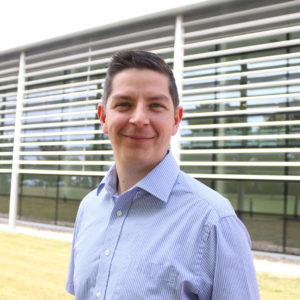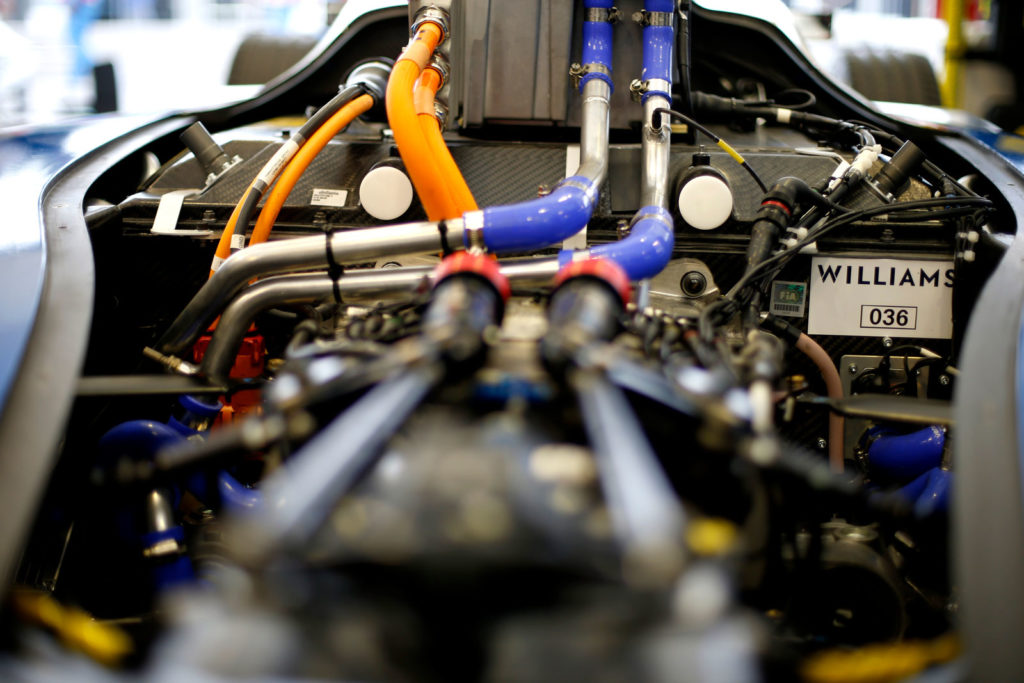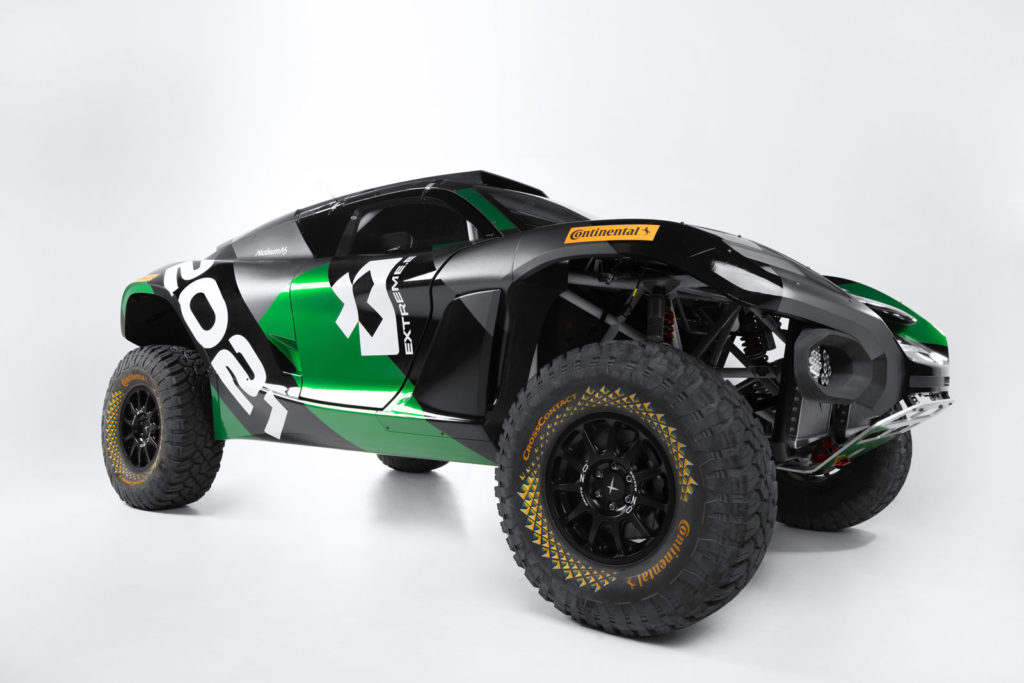 Glen Pascoe, principal engineer at Williams Advanced Engineering, introduces the company’s approach to developing the batteries for the upcoming Extreme E series.
Glen Pascoe, principal engineer at Williams Advanced Engineering, introduces the company’s approach to developing the batteries for the upcoming Extreme E series.
Learn more about the development of batteries for racing at PMW Expo, where Glen will give a free-to-attend engineering workshop.
What is the background to your workshop?
Williams Advanced Engineering joined Extreme E in May as the designer and supplier of the battery technology that will power the championship when it begins in early 2021. The company has a wealth of experience and expertise, having built the batteries and cells throughout the first four seasons of the ABB FIA Formula E Championship. Our new cells are designed to cope with all the rigors of Extreme E’s five formidable environments – from the Arctic through to the Sahara Desert.
How do you ensure the batteries work well in all environments?
From a technical perspective, we will face challenges both from the effects of altitude on electrical design and from temperature changes during the events. The team will also need to work on ingress protection for dust, sand and water. From an operational point of view, we will need to manage the necessary limits on the number of crew members, unpredictability and extremes of weather, as well as the remote garage setup.
However, the robustness of our batteries has already been proved in several applications and through real-world testing on road and track. Although these will be batteries specifically designed to meet the demands of Extreme E, our know-how builds on working on Formula 1 and KERS, and subsequently on Formula E, where the team developed its skills in advanced numerical analysis of cells. This includes developing advanced cell health prognostic algorithms, ensuring minimal pack-to-pack variation and consistent performance for all competitors.
 How does the development of batteries differ between Formula E and Extreme E?
How does the development of batteries differ between Formula E and Extreme E?
Of course, higher power levels impact every component in the battery system. Extreme E will be a completely new design compared with Formula E. What is shared is the focus on safety, even though the safety case is unique. It will also be designed for servicing in the perhaps more challenging circumstances of Extreme E around the world and on the move. But despite the differences, this is a natural technology evolution from our previous work.
What will be the main takeaway for people who attend your workshop?
One of the key messages will be the importance of knowledge transfer across sectors. This allows us to discuss common challenges and work through potential solutions together. We also want people to understand that every project we do influences our approach to future work. Motorsport is a laboratory, so we learn as we go, and use previous projects as lessons to develop more effective future solutions. The Extreme E series is an exciting challenge and our team is looking forward to working on it.
 Catch Glen’s free-to-attend workshop, ‘A battery-electric vehicle racing in extreme environments’, on the second day of Professional MotorSport World Expo. View the full program here.
Catch Glen’s free-to-attend workshop, ‘A battery-electric vehicle racing in extreme environments’, on the second day of Professional MotorSport World Expo. View the full program here.



